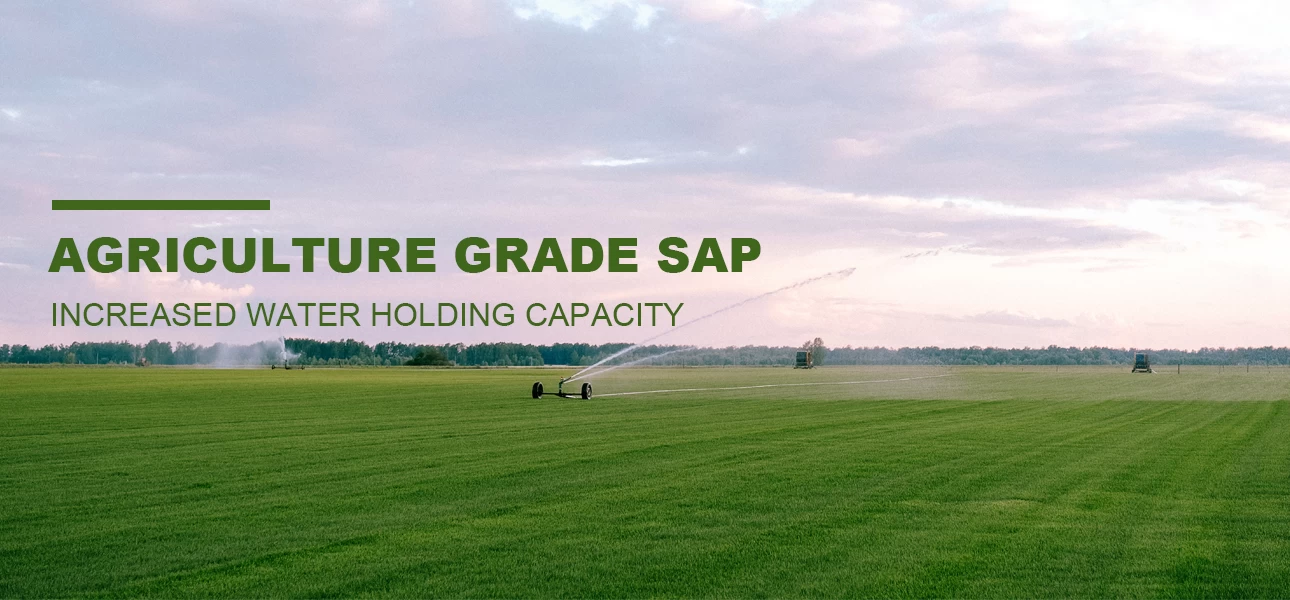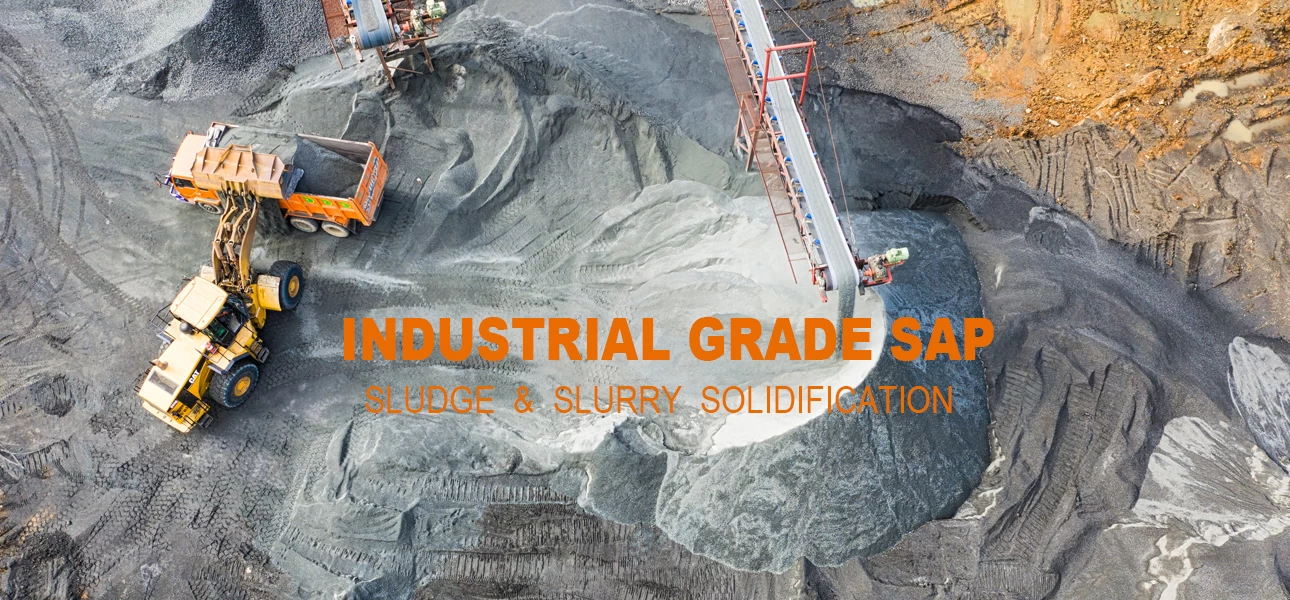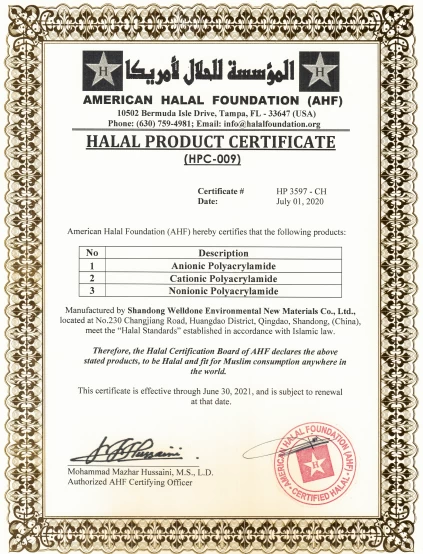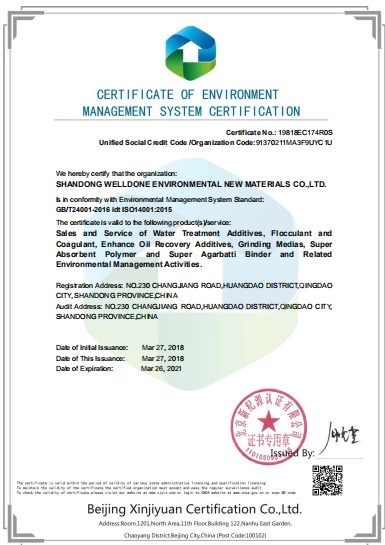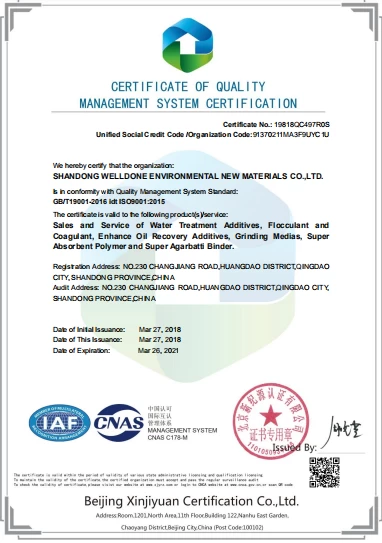Effect of potassium polyacrylate on soil structure function, water storage and water retention capacity
Polyacrylic acid potassium (PAA-K) is a water-soluble polymer that has been used widely to improve soil structure and water-holding capacity. In this article, we will discuss the effects of PAA-K on soil structure and its ability to retain moisture.
Soil structure plays a crucial role in determining the physical properties of soil, including its porosity, permeability, and water-holding capacity. However, anthropogenic activities such as deforestation and agriculture can cause soil degradation and loss of structure, leading to decreased water retention capacity and increased erosion. PAA-K can be used to mitigate these negative impacts by improving soil structure.
When PAA-K is applied to soil, it binds with soil particles and forms a gel-like substance. This gel-like substance helps to aggregate soil particles, which leads to an increase in the number and size of soil pores. As a result, the soil becomes more porous, allowing for better air and water flow throughout the soil.
In addition to improving soil structure, PAA-K also enhances the water-holding capacity of soil. The gel-like substance formed by PAA-K acts as a sponge, absorbing and retaining water. This increased water retention allows plants to access moisture for longer periods, reducing the need for frequent watering.
Research studies have shown that PAA-K can improve soil structure and water-holding capacity in a range of soil types, including sandy soils, loamy soils, and clay soils. Furthermore, PAA-K has been found to be safe for both plants and the environment, making it an attractive option for sustainable agriculture practices.
In conclusion, PAA-K can be an effective tool for improving soil structure and water-holding capacity. Its ability to increase soil porosity and absorb and retain moisture makes it an ideal solution for ensuring soil health and promoting sustainable agriculture practices.






